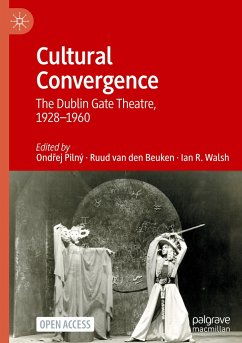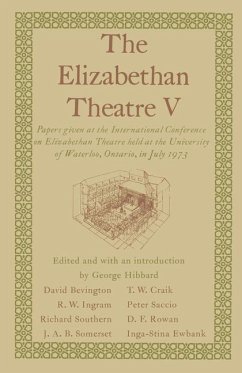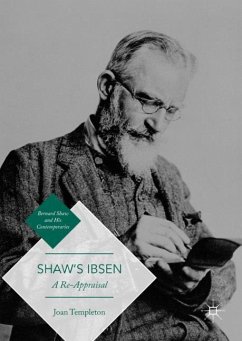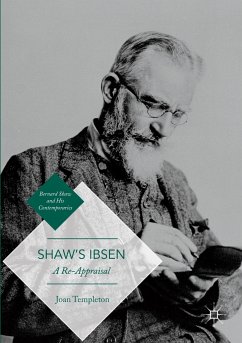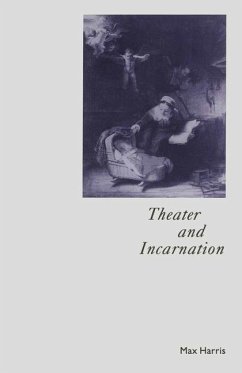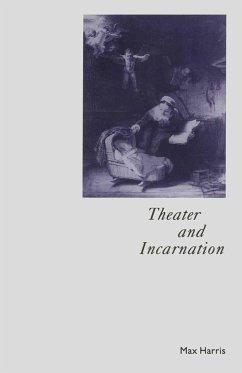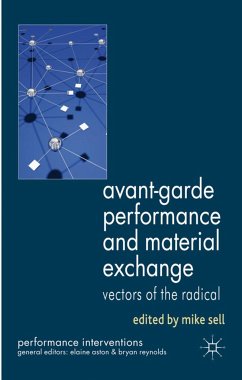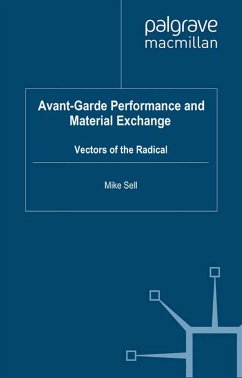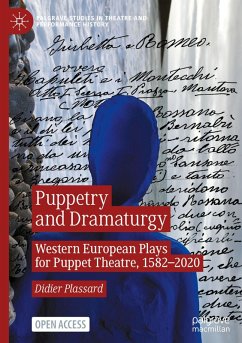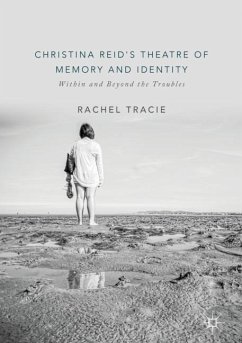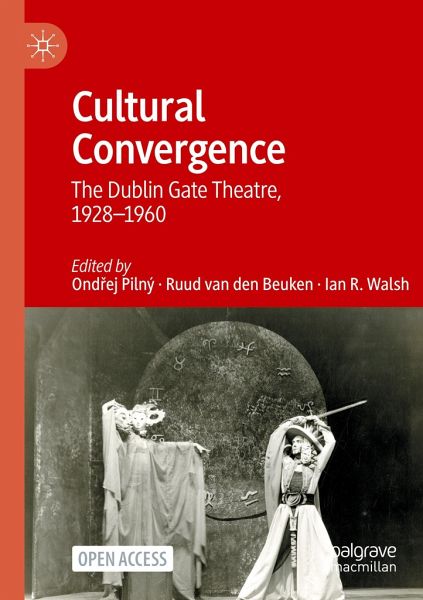
Cultural Convergence
The Dublin Gate Theatre, 1928-1960
Herausgegeben: Pilný, Ondrej; van den Beuken, Ruud; Walsh, Ian R.
Versandkostenfrei!
Versandfertig in 6-10 Tagen
31,99 €
inkl. MwSt.

PAYBACK Punkte
16 °P sammeln!
Based on extensive archival research, this open access book examines the poetics and politics of the Dublin Gate Theatre (est. 1928) over the first three decades of its existence, discussing some of its remarkable productions in the comparative contexts of avant-garde theatre, Hollywood cinema, popular culture, and the development of Irish-language theatre, respectively. The overarching objective is to consider the output of the Gate in terms of cultural convergence - the dynamics of exchange, interaction, and acculturation that reveal the workings of transnational infrastructures.





